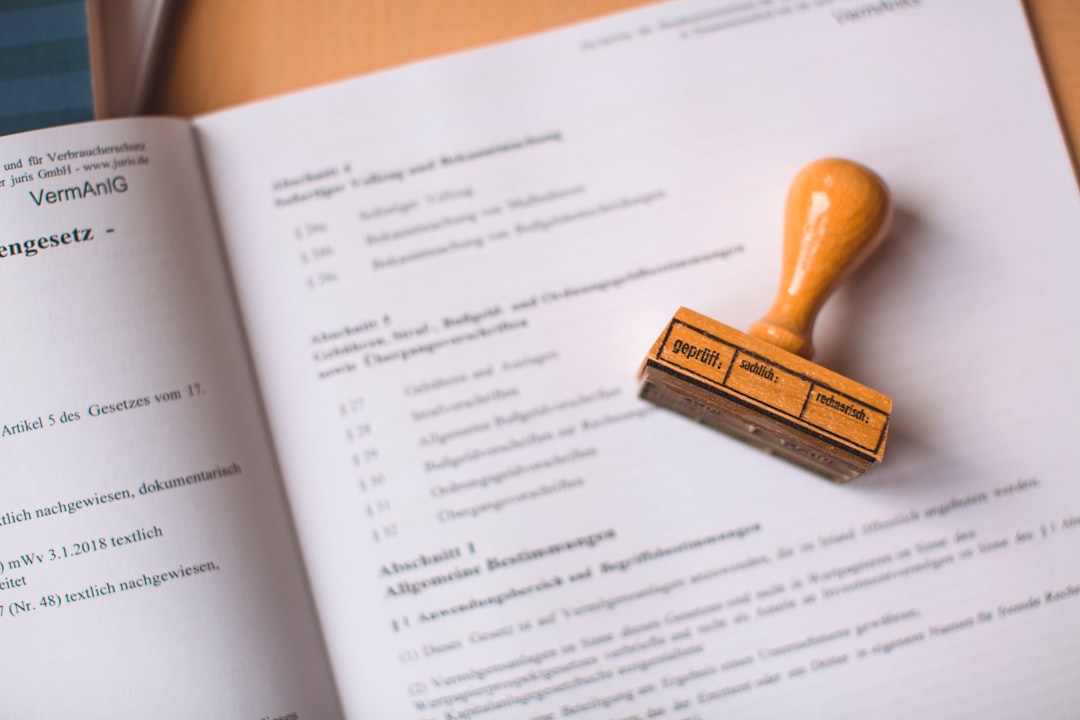
Navigating the complexities of civil litigation in Florida requires a solid understanding of legal procedures, particularly pleadings and motions. These crucial elements set the groundwork for the case, influencing its direction and potential outcomes. At the Law Offices of Aaron Resnick, P.A., we specialize in guiding our clients through these foundational stages, ensuring they are well-prepared and effectively represented.
What are Pleadings?
Pleadings are the core documents in a lawsuit, formally laying out each party's claims and defenses. In Florida, these documents set the stage for the legal battle that unfolds.
1. Complaint: The complaint initiates the lawsuit, detailing the plaintiff's allegations and the damages or relief sought. It sets the tone for the legal proceedings and outlines the basis of the plaintiff's case.
2. Answer: In response to the complaint, the defendant files an answer, which may admit or deny the allegations made by the plaintiff. This pleading can also assert defenses and counterclaims, which the plaintiff must address.
3. Amended Pleadings: Either party may amend their pleadings to correct errors or respond to developments in the case. This flexibility allows the legal arguments to evolve as more information becomes available.
Understanding Motions in Civil Litigation
Motions are formal requests for the court to make a decision on a specific legal issue or procedural matter before trial. These are instrumental in shaping the litigation strategy and can significantly impact the course of a civil case.
1. Motion to Dismiss: A motion to dismiss challenges the legal sufficiency of the claims, arguing that, even if all allegations are true, the law does not recognize them as actionable.
2. Motion for Summary Judgment: This motion asserts that there are no factual disputes to be resolved and that the moving party is entitled to judgment as a matter of law, based on the evidence presented.
3. Discovery Motions: These are used to enforce or protect against the disclosure of information. They ensure that both sides can prepare their cases effectively, relying on a full factual record.
Strategic Use of Pleadings and Motions
At the Law Offices of Aaron Resnick, P.A., we understand the strategic importance of pleadings and motions. Our attorneys are skilled in using these tools to effectively advocate for our clients, aiming to resolve disputes efficiently and favorably.
1. Shaping the Litigation: Properly crafted pleadings can define the scope of the litigation, limiting the issues to be contested and focusing the dispute on the most critical elements.
2. Leveraging Motions: Motions can streamline or even end litigation before trial, saving clients time and resources. Successful motions for summary judgment, for instance, can spare our clients the uncertainty and expense of a trial.
3. Efficient Discovery: Effective use of discovery motions helps prevent delays and promotes a fair exchange of information, ensuring that all parties have the necessary materials to argue their case.
Conclusion
Understanding and effectively employing pleadings and motions are pivotal in Florida civil litigation. With the Law Offices of Aaron Resnick, P.A., clients benefit from comprehensive legal representation that leverages these tools to protect their interests and achieve their legal goals. Whether you're initiating a lawsuit or defending against one, our team is prepared to navigate the complexities of pleadings and motions to secure the best possible outcome for you.
Contact us today to learn more about how our expertise in Florida civil litigation can assist you in your legal journey.
